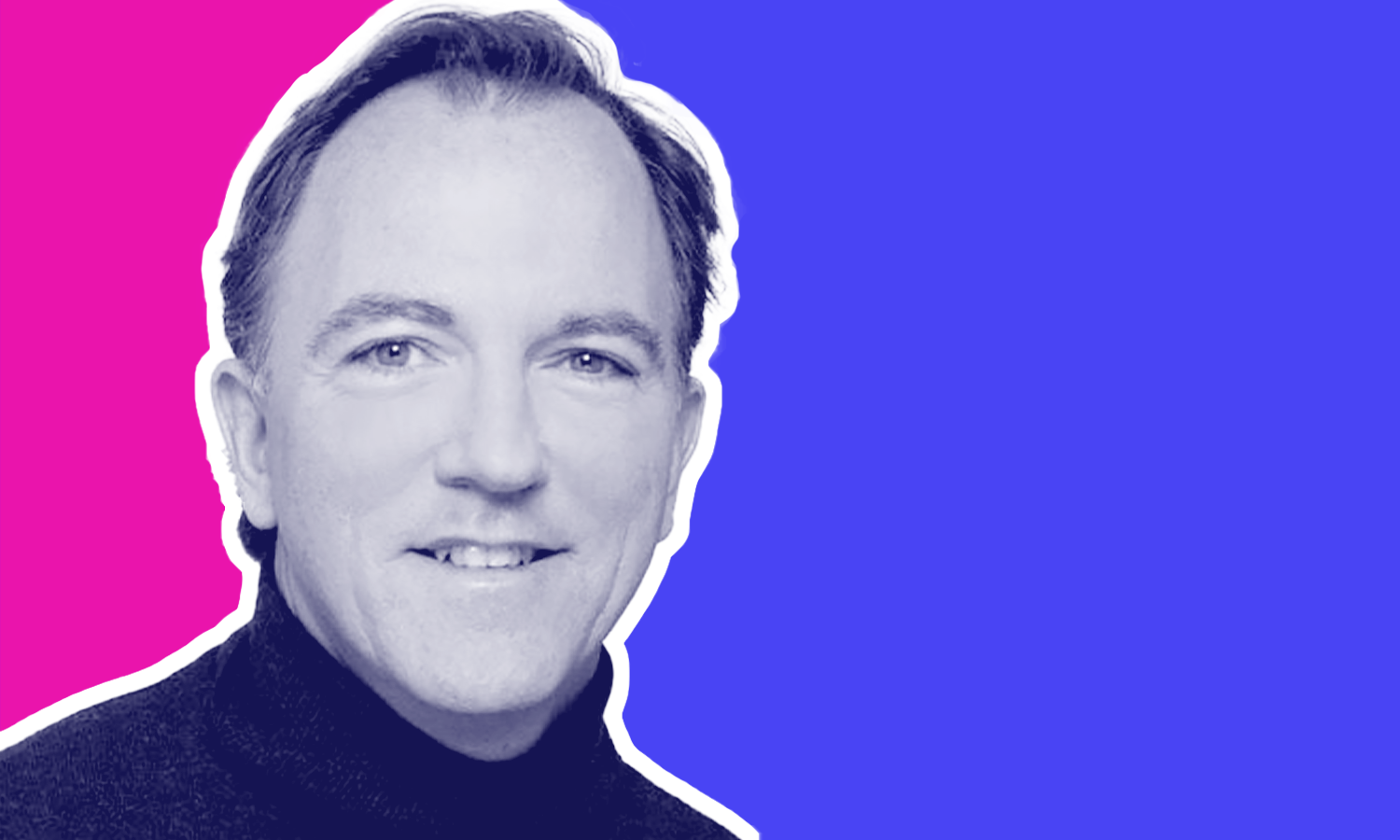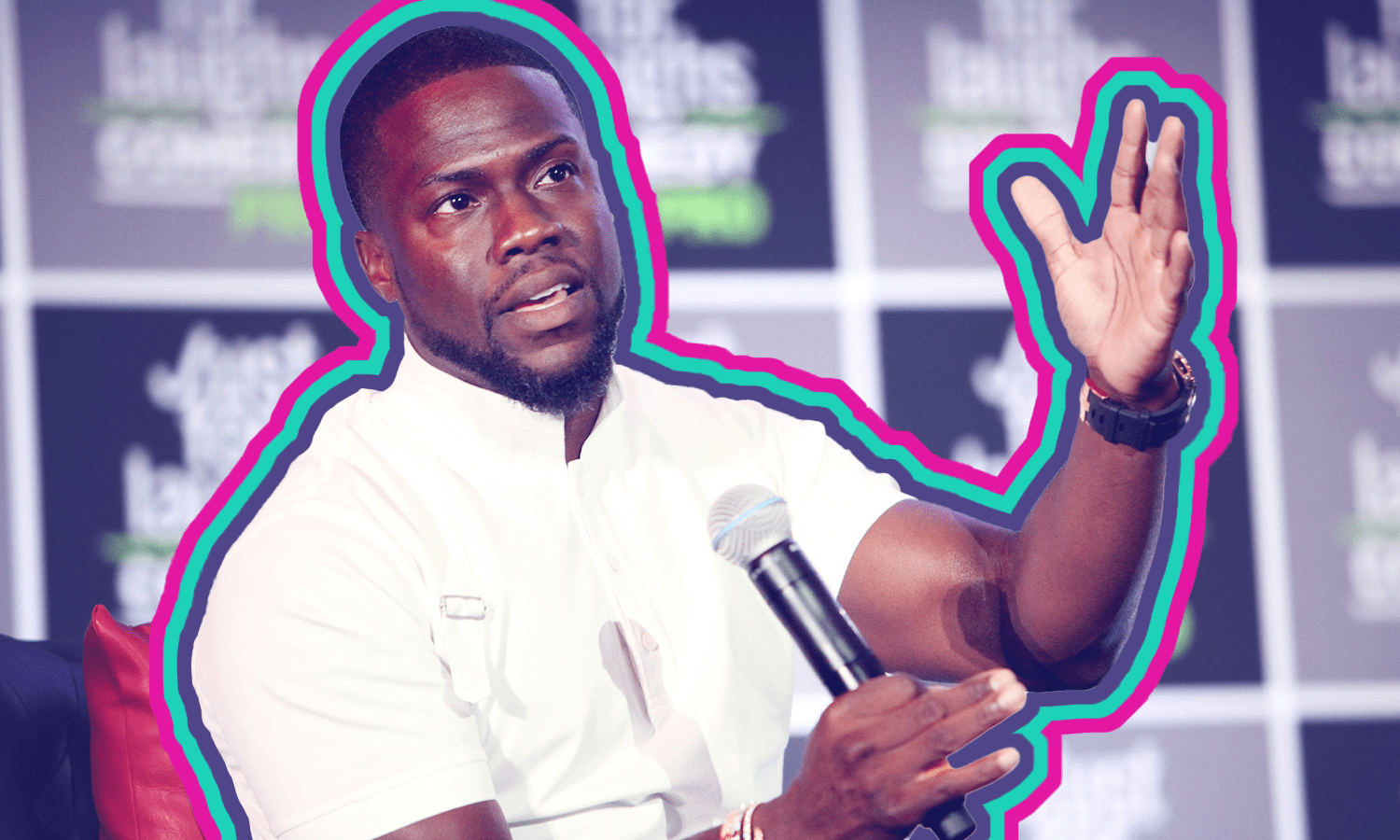Over the last month, media trainer Tim Braun has taught us the skills needed to speak at IRL events and how to master the art of the virtual panel. But moderators just might have the most difficult public speaking gigs of all. Whether presiding over a panel or a fireside chat, a moderator must act as a neutral leader in the discussion, holding participants to time limits and keeping them from straying off the topic. AKA, herding cats. For more than twenty years, Braun has given speakers the tools to express themselves with clarity and confidence. As a seasoned journalist with an impressive background in live television production — and all of the split-second decisions that come with it — he knows how to drill down and find the “good parts” of any story. I caught up with Braun to learn how to balance information with performance, where to present the most interesting information and why compelling stories matter more than equal attention. Samantha Stallard: Some people may think that public speaking skills translate to moderating, but in my experience it’s a whole different ball game. What skills does it take to become a successful moderator? Tim Braun: One of...

